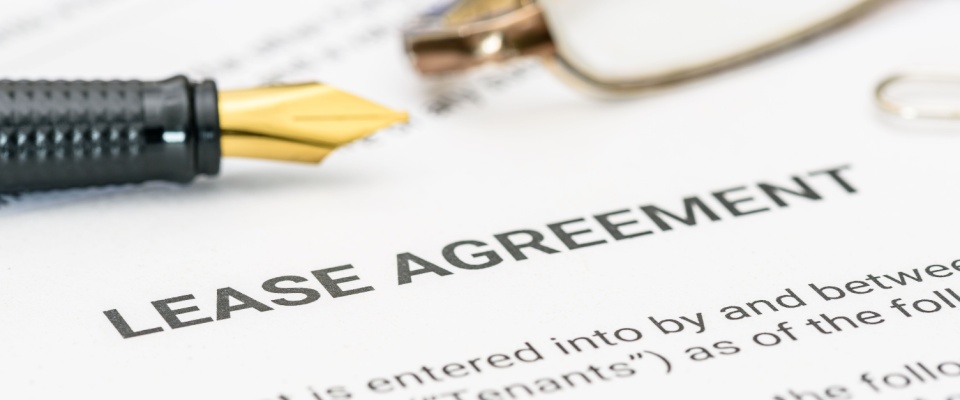Share this article:
Imagine settling into your apartment, only to receive notice that your landlord is selling the property. This scenario is more common than you might think, and it’s essential to know that as a renter, you have specific rights protected by law. The good news is that in most cases, your existing lease remains valid even when the property changes hands.
While this can be an unsettling experience, understanding your renter rights can help you navigate this transition smoothly. In this article, we’ll explore what you need to know and do if your landlord sells the property mid-lease.
Your lease remains in effect
When it comes to renter rights, one of the most crucial things to remember is that your current lease typically stays in force when the property is sold. This means that the new owner must honor the terms of your existing lease until it expires. So, your rent amount should not change during the lease term, and the landlord’s obligations to maintain the property remain the same. For example, if you have a one-year lease and the property is sold six months in, you have the right to stay in the apartment for the remaining six months under the same terms.
Notification of new ownership
When ownership changes, you should receive official written notice. This notice typically includes the new owner’s contact information, updated instructions for rent payments, and procedures for maintenance requests. If you don’t receive this information promptly, it’s within your renter rights to request it from your current property manager.
Rent payments and security deposits
After the ownership change, you’ll need to adjust where you send your rent payments. It’s important to continue paying rent on time, even if you’re unsure where to send it initially. If necessary, you might consider setting up a separate account to hold rent payments until you receive updated instructions. Additionally, your security deposit should be transferred to the new owner, who becomes responsible for returning it at the end of your lease.
Property showings and your right to privacy
During the sale process, potential buyers may want to view the property. Here’s what your renter rights say about this phase: Landlords must provide reasonable notice before entering the rental unit, typically at least 24 hours in advance. Also, you have the right to privacy and can request that showings occur at convenient times for you.
Maintenance and repairs
Your right to a habitable living space doesn’t change with new ownership. The new landlord must continue to make necessary repairs and maintain the property. They should respond to maintenance requests in a timely manner and uphold any existing agreements about property upkeep.
Potential changes and negotiations
While your lease terms are protected, be prepared for potential changes once your current lease expires. The new owner may propose different policies for maintenance requests or communication, plan renovations or upgrades to the property, or potentially increase rent or alter lease terms upon renewal. It’s within your renter rights to negotiate with the new owner if you wish to stay in the property long-term.
Documentation is key
To protect your renter rights, maintain thorough documentation. Keep copies of all communications with both the old and new landlords, save rent payment confirmations and receipts, and document the condition of the apartment with photos or videos. This paper trail can be invaluable if any disputes arise during or after the transition.
Understanding eviction protections
It’s important to know that the sale of a property is not grounds for eviction. Your renter rights protect you from being forced out before your lease ends. However, be aware that if you’re on a month-to-month lease, the new owner may choose to end the tenancy with proper notice (typically 30-60 days, depending on local laws). For fixed-term leases, you generally have the right to stay until the lease expires.
Communicating with the new owner
Establishing a good relationship with your new landlord can make the transition smoother. To start, take the initiative to introduce yourself and express any concerns or questions you may have. Clarify any ambiguities about lease terms or property management. Remember to be professional and courteous in all interactions, as this can set a positive tone for your future dealings with the new owner.
Seeking assistance if needed
If you encounter issues or have concerns about your renter rights during this transition, don’t hesitate to seek help. You can contact local renter assistance programs or legal aid services for guidance. You could also look up renter rights organizations in your area for advice specific to your situation. If necessary, consider speaking with a lawyer who specializes in landlord-renter law to ensure your rights are fully protected.
While a change in property ownership can be unexpected, knowing your renter rights empowers you to handle the situation confidently. Remember that your lease is a binding contract that new owners must respect. Stay informed, communicate clearly, and don’t be afraid to assert your rights as a renter.
Share this article:
Alexandra Both is a senior real estate writer and research analyst with RentCafe. She brings over almost 10 years of real estate writing experience, having served as a senior editor at Commercial Property Executive and Multi-Housing News. A seasoned journalist, Alexandra has worked across print, online, and broadcast media. Her work has been featured in a variety of prominent outlets, including The New York Times, The Guardian, USA Today, and Architectural Digest. She holds a B.A. in Journalism and an M.A. in Community Development.
The Ready Renter has your back
Tips, news, and research curated for renters, straight to your inbox.




Related posts
Subscribe to
The Ready Renter newsletter











